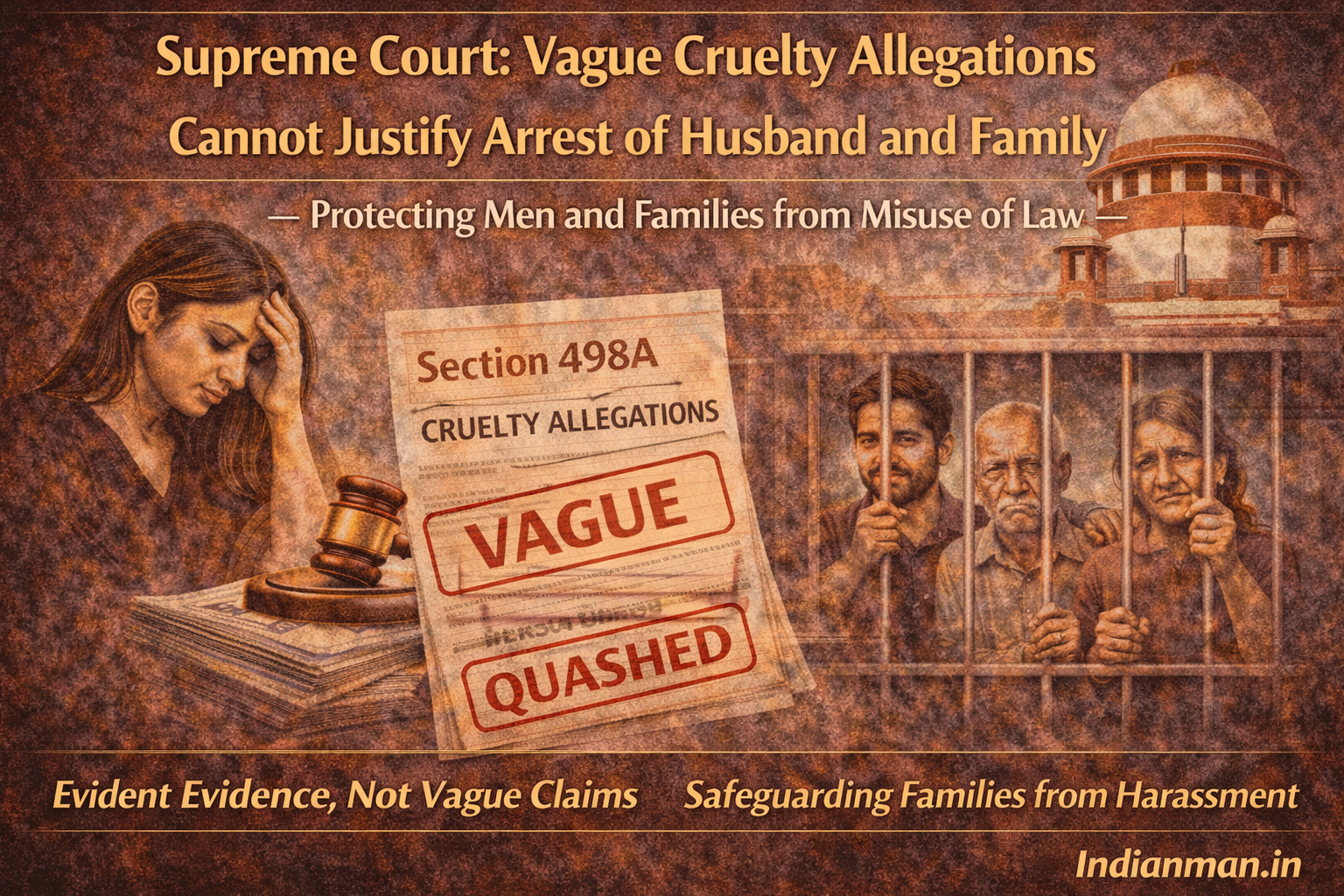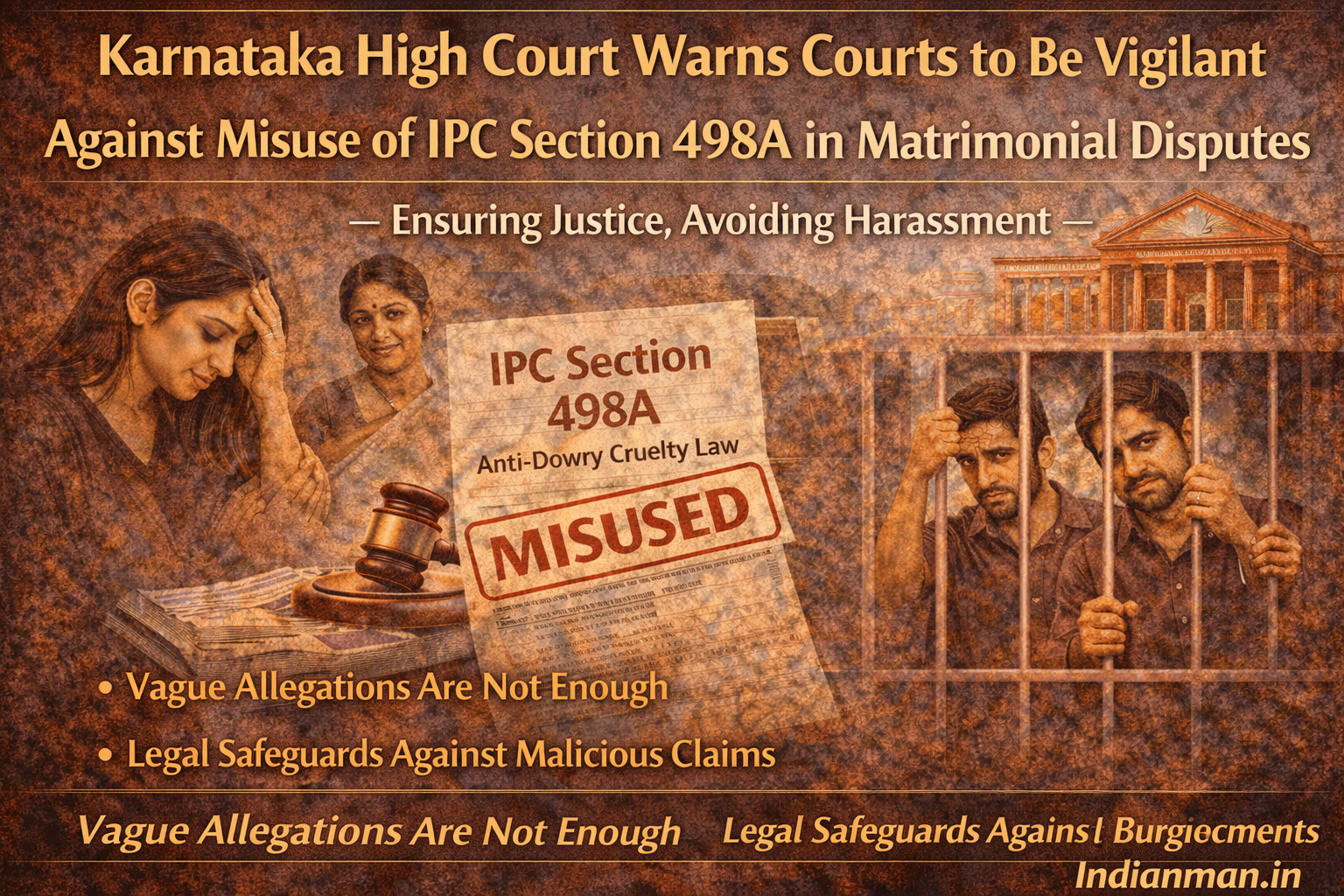The Kerala High Court recently stated that simply demanding dowry or any property without the element of ‘cruelty’ does not violate Section 498A of the Indian Penal Code (IPC).
The court explained that both the demand for dowry and cruelty must be present for legal action to be taken against someone. Justice P. Somarajan highlighted that a demand for dowry or property alone does not meet the criteria for the offence unless it is accompanied by cruelty.
In this case, the wife, who was the main complainant, claimed that her husband demanded more dowry and assaulted her at home. However, she did not provide details about the assault, and no evidence was presented to show any injuries or medical reports related to it.
To establish cruelty under Section 498A IPC, the court determined that the husband or his relatives must have subjected the wife to cruelty. The court identified three key elements needed to support such a claim:
- Harassment due to an unlawful demand for property or valuables by the husband or his relatives.
- The act must be directed toward the wife or her relatives.
- The harassment must be intended to coerce the wife or her relatives into meeting the unlawful demand or is a result of failing to meet that demand.
The court noted that terms like ‘harassment’ and ‘coercion’ are not defined in the IPC, and should be interpreted in the context of the law’s intent rather than their dictionary meanings. It explained that coercion involves acts related to unlawful demands, while harassment refers to actions aimed at forcing the wife or her relatives to meet such demands.
The court stated that minor disputes or trivial issues that may arise between spouses do not constitute ‘cruelty’ under Section 498A IPC. It referenced previous cases, stating that the consequences of cruelty must be serious enough to push a woman to suicide or cause significant harm to her health, whether mental or physical.
Justice Somarajan also reminded that the Supreme Court has warned against the misuse of Section 498A IPC, which can lead to unnecessary suffering for husbands and their families and may even harm marital relationships.
The court urged authorities to be cautious when registering cases under Section 498A, especially if they are based on trivial disputes between spouses. It stated that invoking criminal law on minor differences does not reflect the true purpose of this provision.
After determining that there was no reliable evidence of violence or any documented incidents of assault against the complainant, the court overturned the conviction and sentence imposed on the accused. As a result, the revision petition was dismissed.
Be a part our social media community:
Facebook: https://www.facebook.com/IndianMan.in?mibextid=ZbWKwL
Instagram:
https://www.instagram.com/indianman.in?igsh=MWZ2N3N0ZmpwM3l3cw==



